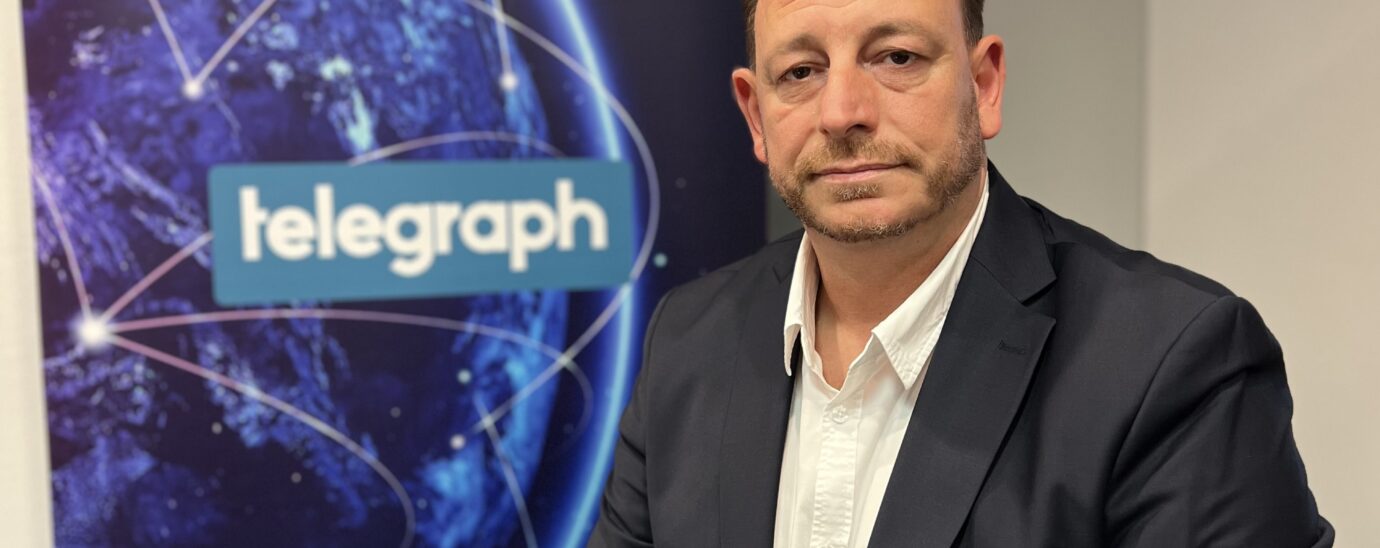Khai Zin Thein • 12th June 2024
Occupancy monitoring technology is revolutionising building management with advancements in AI and IoT. AI algorithms analyse data from IoT sensors, enabling automated adjustments in lighting, HVAC, and security systems based on occupancy levels. Modern systems leverage big data and AI to optimise space usage and resource management, reducing energy consumption and promoting sustainability. Enhanced encryption...

